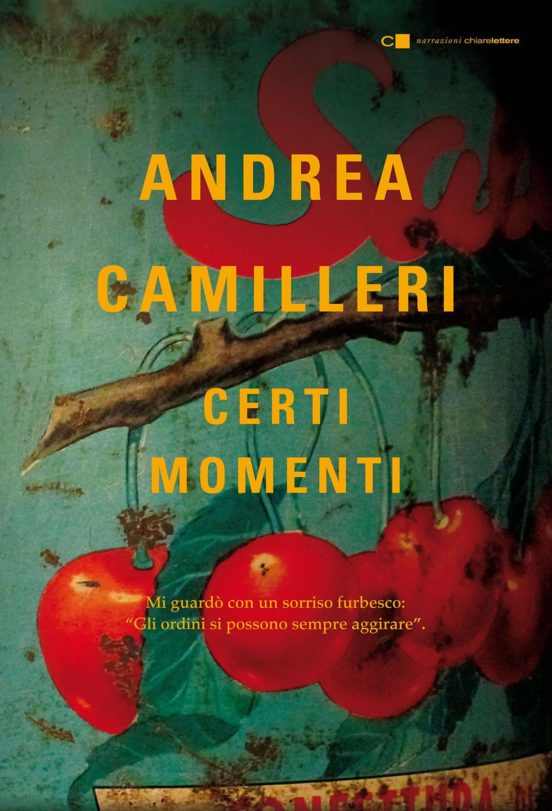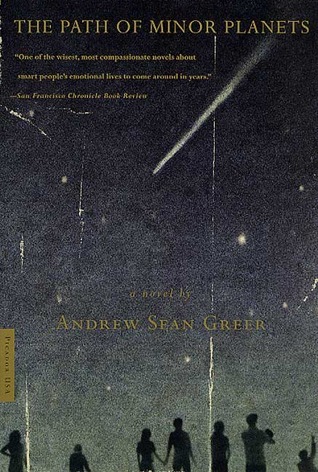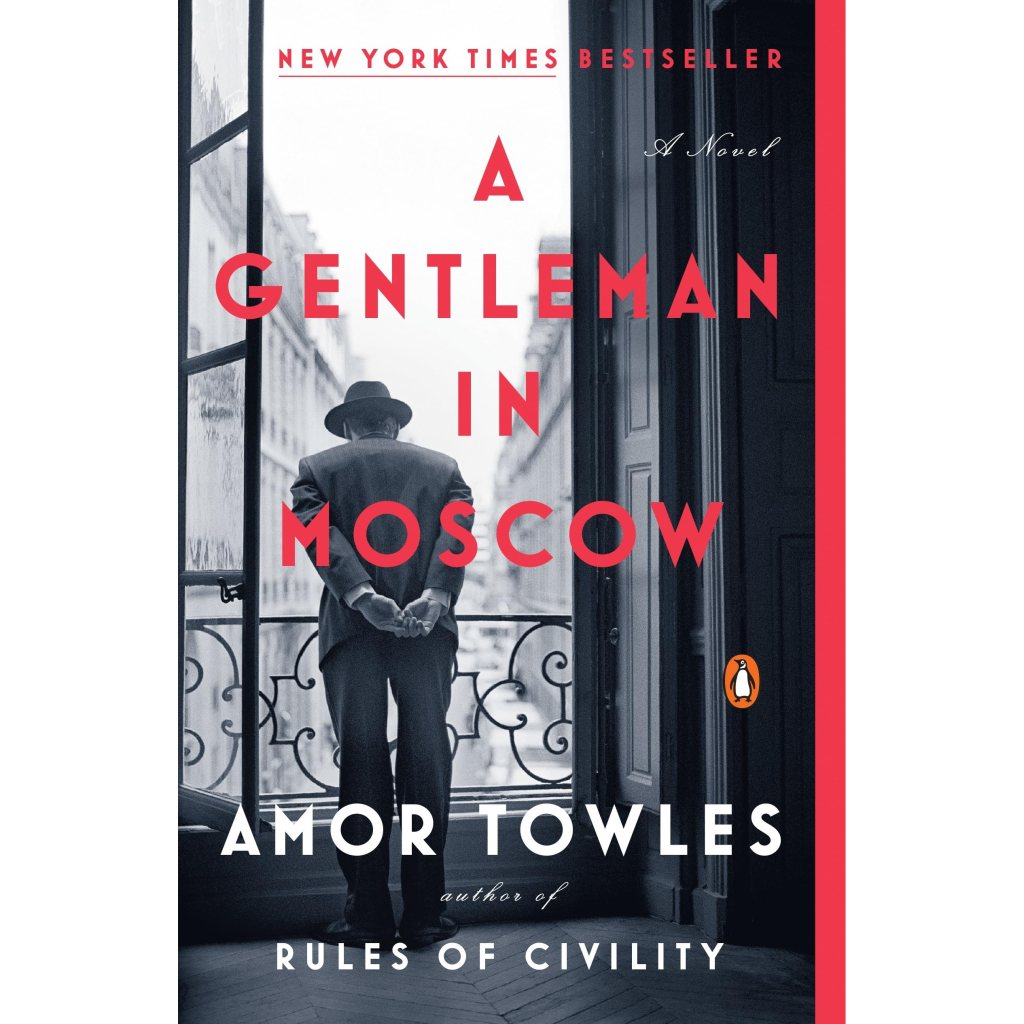We spend quite a bit of time trying to strengthen our communities by discussing and attempting to address diversity, equity, inclusion, and justice. We also, in our better moments, pursue the concept of the common good, as I recently wrote in a set of reflections centered around Peter Block’s new book, Activating the Common Good: Retaining Control of Our Collective Well-Being. In the best of situations, we seek positive solutions, promote and provide training, and attempt to inspire inclusion by listening as much as speaking when identifying ways to foster the levels of transformation we recognize we need to achieve. But then we often look around and throw our hands up in despair over our apparent lack of significant progress.
Writer-physicist-educational reformer Robert Fuller, more than two decades ago, attempted to lead us beyond what he referred to as the “isms”—racism, sexism, ageism, and numerous others that by now we can easily rattle off in our sleep: “In the U.S., perhaps twenty percent of us have suffered directly from racism, and about fifty percent from sexism,” he suggested in Somebodies and Nobodies: Overcoming the Abuse of Rank (published in 2003 by New Society Publishers). “But virtually all of us suffer from rank-based abuse—which I shall be calling ‘rankism’—in one context or another, at one time or another. Sooner or later, everyone gets taken for a nobody. Sooner or later, most of us treat someone as a nobody.”
His writing in Somebodies and Nobodies and the sequel All Rise: Somebodies, Nobodies, and the Politics of Dignity remains clear, compelling, and inspirational, which suggests to me that perhaps its time to circle back to what he suggested and see how it might push us a few steps along in our efforts to change the world around us with small, steady doses of empathy and a desire to do more than talk—in essence tackling rankism as the overall element that encompasses all the other isms: “Attacking the familiar isms singly, one at a time, is like developing a different chemotherapy for each kind of cancer” he writes in Somebodies and Nobodies. “To go after rankism directly is to seek to eliminate a whole class of malignancies.”
In the early sections of that initial book, he links rankism to assaults on personal dignity, and he explores that theme more fully in All Rise: Somebodies, Nobodies, and the Politics of Dignity: “To be ‘nobodied’ carries the threat of being deprived of social and material resources critical to our well-being,” he writes in that sequel. “Such threats are tantamount to blackmail or extortion, forcing people to subordinate themselves so as to avoid the fateful consequences of ostracism. The need for dignity is more than a desire for courtesy. Dignity grounds us, nurtures us, protects us. It’s the social counterpart of interpersonal love.”
None of what I have written so far is in any way meant to denigrate the great work that so many colleagues are doing in the area of diversity, equity, inclusion, and justice. Nor is it meant to detract from the work of the many writers whose work I continue to absorb and admire. But what I do find in Fuller’s work is an invitation to look at a larger, less commonly examined field of play to think about the underpinnings of so much of what challenges us and to quickly move it into a personal, story-based level that pushes theory into the background and invites us to feel the impact of what rankism produces.
It’s personal for Fuller, as it should be for us. When he tells us how he went from holding positions of authority (where respect was a given) to a position where, without a formal, impressive title, he found himself receiving short shrift from those around him, he calls up our own recollections of times when, because we were “outranked” by someone else, we were made to feel insignificant. It is not a large bridge to cross: by employing even a modicum of empathy and thinking about how those around us feel when subjected to the stings of rankism we ourselves have experienced, we take a small yet essential step toward understanding the terrible impacts rankism has on those whose age, race, gender, and other elements of who they are subjects them, in turn, to rankism.
He leads us further down this painful path of reflective inquiry by reminding us that one of the more pernicious effects of rankism is burnout—the absolute loss of all that a person might bring to our communities because, having been rankismed to death, that person no longer cares enough to attempt to share what they might otherwise have contributed to what Peter Block and John McKnight call our “abundant community.” The implicit challenge here is to catch ourselves in those awful moments when we are subjecting someone to rankism (or any of the other isms) in our workplaces, our learning spaces, our social gathering places, and all the other onsite and online spaces we inhabit; stop ourselves; acknowledge what we have just done; and attempt to reverse the damage we are causing to ourselves, our colleagues, and other members of our precious, struggling communities that benefit from what a commitment to inclusiveness in all its forms is capable of producing.
It’s a lofty, difficult to achieve goal, and Fuller invites us to rise to the challenge through his own optimistic, soaring prose—an invitation to strive for a set of interconnecting communities capable of producing what we so far have not managed to produce: “As rankism, like racism, falls into disrepute, the partisan insults, put-downs, and smears we have become accustomed to will find less favor with the electorate,” he writes with tremendous hope in All Rise. “Sneering at opposing views, contempt for nonbelievers, and personal attacks will all backfire, discrediting the purveyors and not their targets. There is no reason to expect dignitarian politics to be less argumentative, but there’s every reason to believe it will be more civil.”
And that remains the challenge we must pursue if we are going to bring the best of ourselves to the Sisyphean task of creating the communities of our dreams.






 Posted by paulsignorelli
Posted by paulsignorelli 



